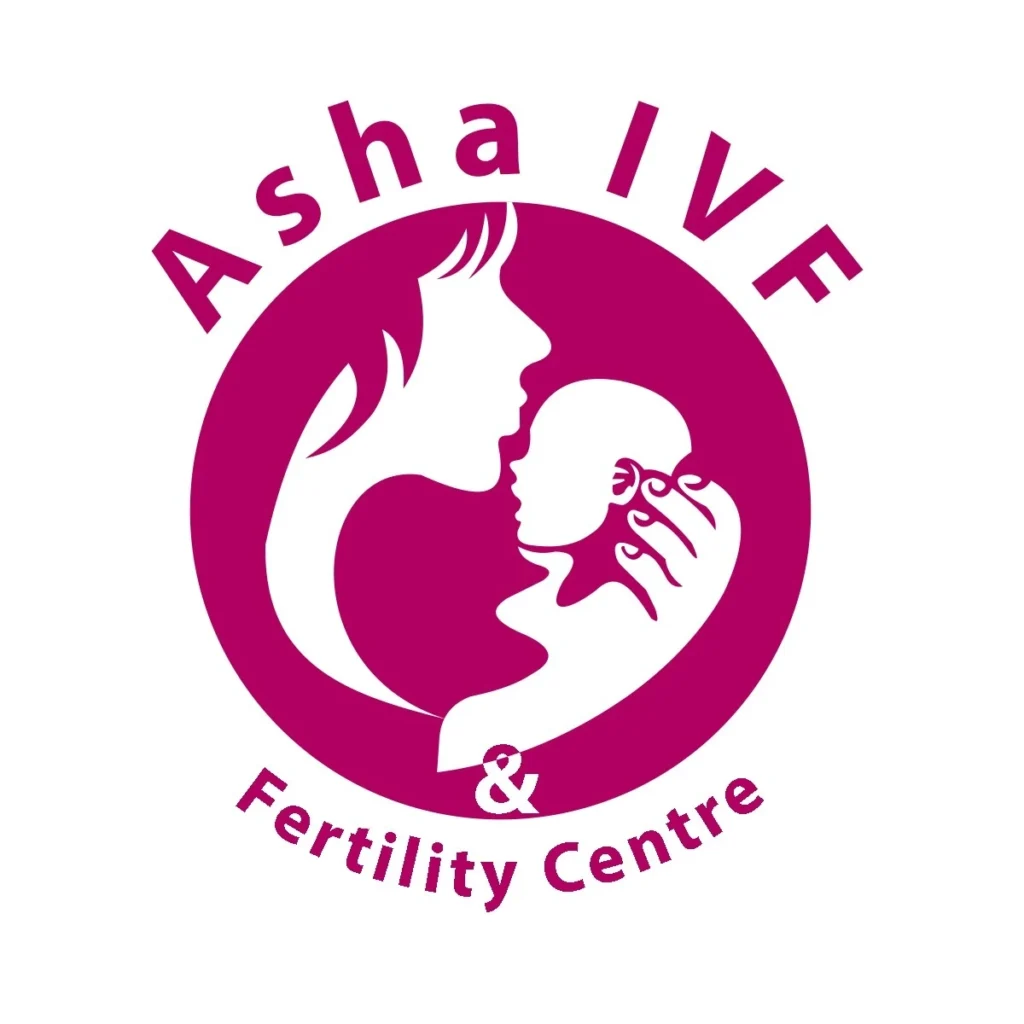Introduction to Progesterone
Progesterone is a key hormone in reproductive biology, playing a crucial role in preparing the body for pregnancy. It is often referred to as the “pregnancy hormone” primarily because of its vital function in maintaining the early stages of pregnancy. This hormone becomes particularly significant in In Vitro Fertilization (IVF).
Progesterone’s Functions in Natural and Assisted Pregnancy
In a typical menstrual cycle, progesterone helps prepare the endometrial lining of the uterus to receive and nurture a fertilized egg. If pregnancy occurs, progesterone supports the early development of the embryo. Similarly, in IVF treatments, progesterone is used to ensure the lining of the uterus is receptive to the implanted embryo, a process critical for successful implantation and ongoing pregnancy.
Progesterone in IVF Treatment
1. Preparation for Embryo Transfer
In IVF, the ovaries are stimulated to produce multiple eggs. After these eggs are retrieved and fertilized in the laboratory, maintaining a conducive environment for the resulting embryos is crucial. Progesterone is administered to enhance the uterine lining’s thickness and nutrient levels, optimizing it for embryo transfer.
2. Support After Embryo Transfer
Post-embryo transfer, continued support of the endometrial lining is essential for the embryo to implant and grow. Progesterone supplementation is often continued until the placenta can produce sufficient amounts of the hormone, typically around the 10th week of pregnancy.
Different Forms of Progesterone in IVF
Progesterone can be administered in several forms, each with its advantages and considerations:
- Injections: Oil-based injections deliver progesterone directly into the muscle, providing a steady release into the bloodstream.
- Vaginal Inserts: These are either gel capsules or tablets inserted into the vagina, where progesterone is absorbed directly by the uterine lining.
- Oral Pills: Less commonly used due to poor absorption and potential for side effects, but beneficial for some patients.
- Transdermal Patches: These patches release progesterone through the skin, though they are less commonly used in IVF due to variability in absorption.
Factors Affecting Progesterone Use in IVF
The progesterone form and dosage choice vary depending on the patient’s absorption rates, tolerance to different administration methods, and the specifics of their IVF protocol. Monitoring progesterone levels during treatment helps ensure that levels remain optimal for embryo implantation and growth.
Common Questions About Progesterone Use in IVF
- Why is progesterone important after an IVF embryo transfer? Progesterone ensures the uterine lining is sufficiently prepared and maintained for the embryo to implant and survive, which is critical for a successful pregnancy.
- Are there side effects associated with progesterone in IVF? Side effects can include bloating, mood swings, irritability, and soreness at the injection site. These are generally temporary and manageable.
- How long will I need to take progesterone during my IVF cycle? Typically, progesterone is continued until the pregnancy test, and if positive, up to the 10th week of pregnancy until the placenta takes over hormone production.
Conclusion
Progesterone plays a pivotal role in IVF, making it a cornerstone of treatment protocols. Its administration is tailored to individual needs, ensuring the best possible implantation and pregnancy maintenance outcomes. Understanding its functions and proper management can significantly impact the success rates of IVF treatments, offering hope and a higher chance of success for many couples seeking to conceive.
This deep dive into the role of progesterone in IVF highlights its indispensable function in assisted reproductive technology, offering patients and practitioners a foundation of knowledge to support successful treatment outcomes.
Asha IVF & fertility Centre – Leading IVF centre in Faridabad
Asha IVF & Fertility Centre stands out as a beacon of hope for countless couples navigating the complex infertility journey. Renowned for its state-of-the-art facilities and pioneering fertility treatments, the center consistently achieves some of the highest success rates in the region. The center’s compassionate and personalized approach ensures that every couple receives a tailored treatment plan to enhance their chances of conception. The center’s commitment to using the latest in assisted reproductive technology in a supportive and caring environment makes it a preferred choice for those seeking comprehensive and effective IVF treatments.
At the heart of Asha IVF & Fertility Centre’s success is Dr. Astha Chakravarty, whose expertise and dedication have earned her the reputation of being one of the best IVF specialists. With a deep understanding of reproductive medicine, Dr. Astha Chakravarty has helped numerous couples achieve their dreams of parenthood through her meticulous approach to IVF treatment. Her ability to connect with patients personally and her relentless pursuit of excellence in fertility care ensure that her patients are well cared for, highly informed, and comfortable throughout their treatment process. Dr. Astha Chakravarty’s commitment to patient care and impressive track record in IVF make her an outstanding specialist in the field.






